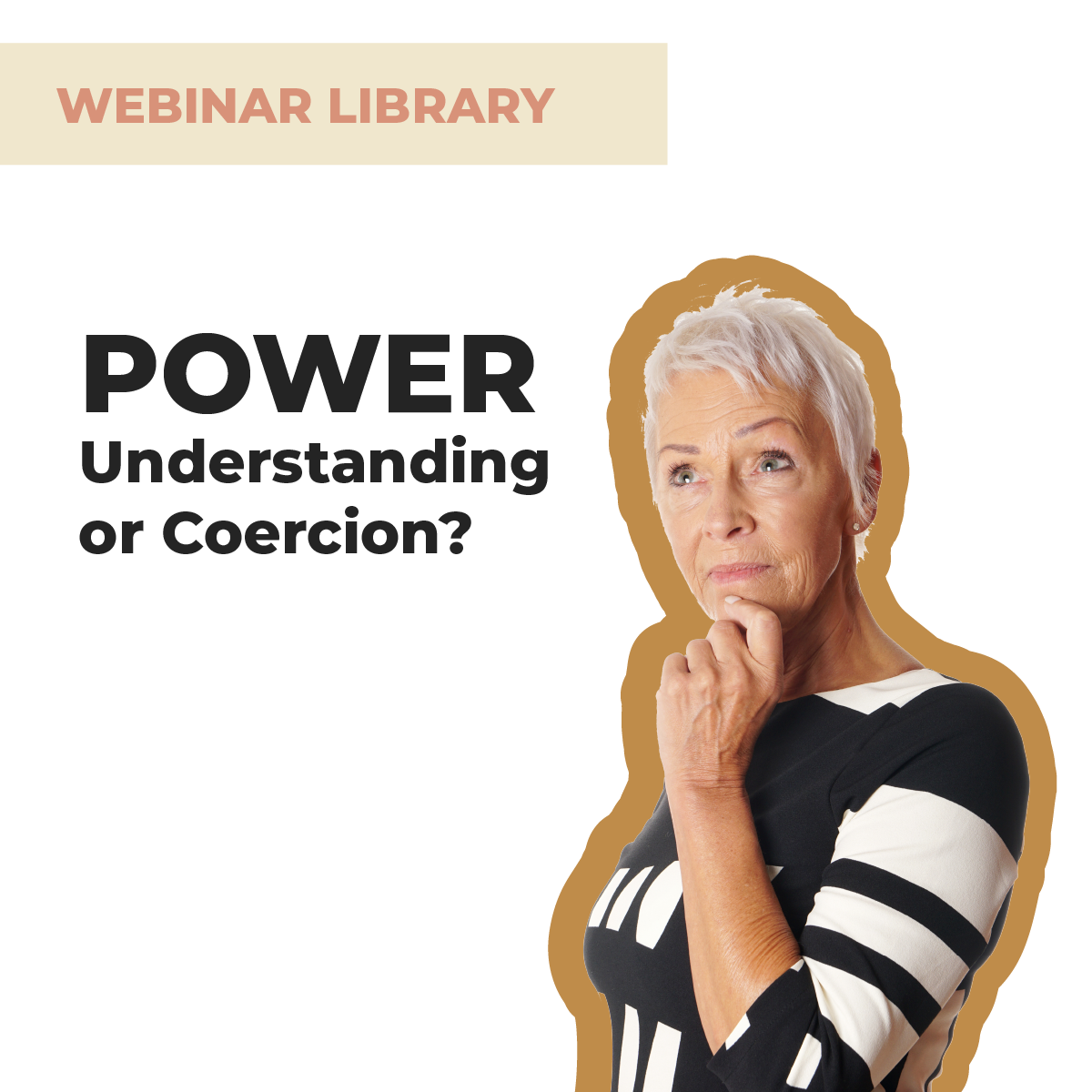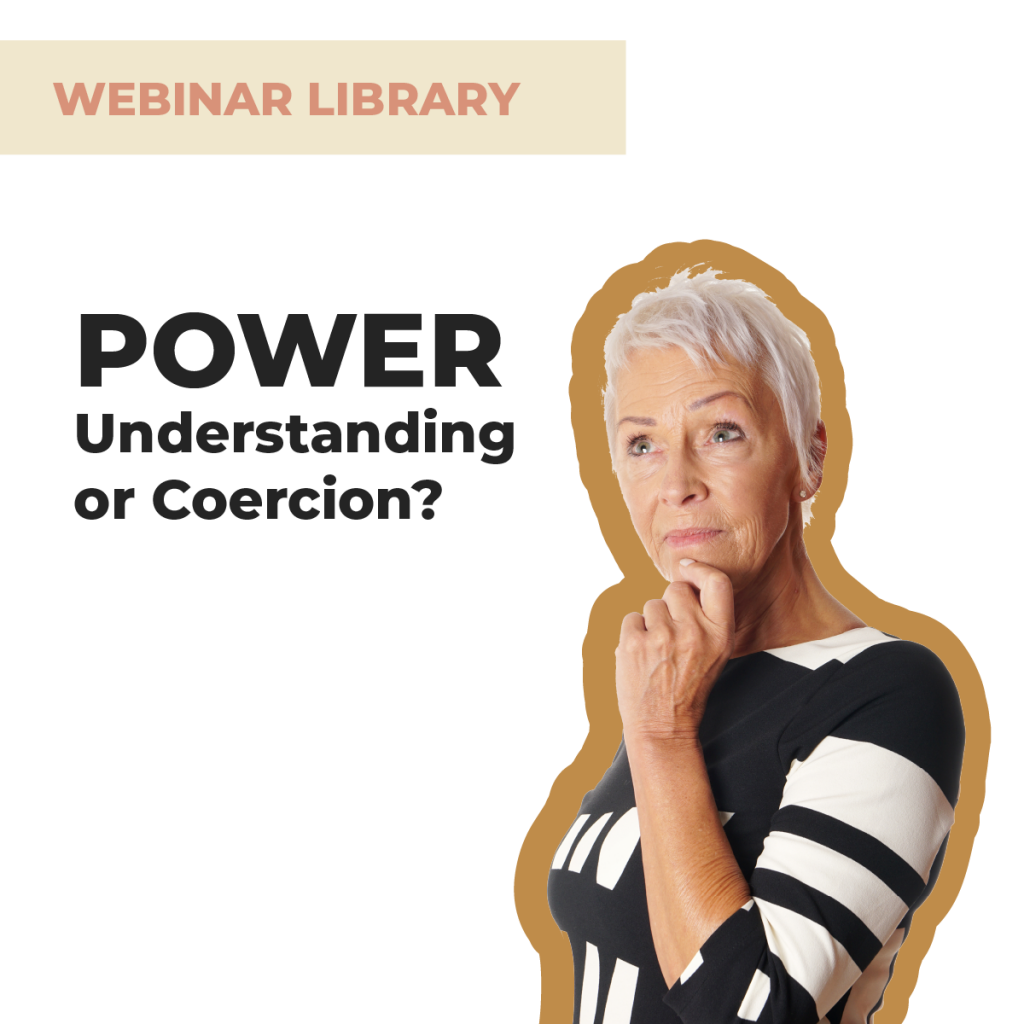By Gary Friedman
Whether we are a mediator, lawyer, or parties, power is woven into the dynamics of conflict, and coercion is the most common form of power. Coercion hardly brings an end to the biggest problems fueling conflict; however, there is an alternative that normally does not come to mind when we think of power—understanding.
When it is coercion that steers the parties towards “resolution”, there is often blowback or bad feelings after an agreement has been reached. A person may not feel as though they actually participated in the process, instead having gone along with others and were convinced, threatened or cajoled. The power of understanding is more gentle and lasting. It is a power that—if used appropriately—can bring real resolution to conflicts between people.
Understanding is a connector that brings people together, and through the connection, creates a different way that people can be in relationship with each other. It gives parties the chance to bridge difference through understanding. This power offers a completely different experience from coercion, which polarizes and alienates people. This approach is not suitable for every dispute, and works best when people are willing to explore what possibilities of understanding are available in the conflict. Not to give up or give in, nor convince the other person to come around to our way of thinking, but to be more thoughtful about the conflict.
In these tense environments, we tend to be reactive to the other person and understanding allows us to step back and consider the conflict in three dimensions: understanding of the other person, understanding of oneself, and understanding of external realities. Using the power of understanding, parties can move from reaction to choice with these three dimensions serving as guides through the conflict. Power and coercion often short circuits conflict, but understanding can be a way of going through the conflict.
When people are willing to try and understand what is important to them and each other, real resolution is possible in a way that cannot be achieved through coercive power. Join me on April 12 for our webinar on this topic. We’ll be engaging interactively, together, exploring these two different kinds of power.
Questions to consider before the webinar
- How do you use power—either as the party in conflict or as the professional?
- How have you used power recently?
- How successful was your use of power?
- Did you do it out of reaction, or was it an intentional effort to bring understanding to the room?

